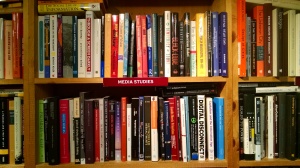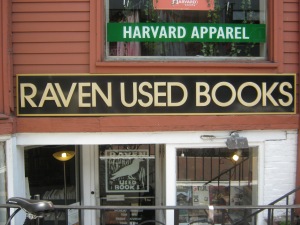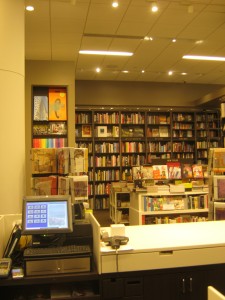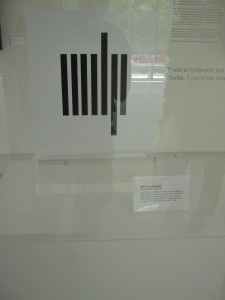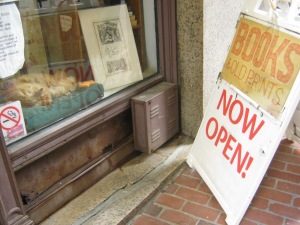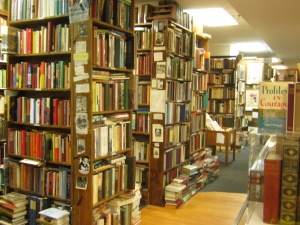
What do you do when you find something offensive? Whether it be a book, a film or any other art form? You ask for a ban. You not only ban the book, perhaps want to ban the creator of the said object, including all their other work. We will explore Let us look at the dictionary meaning of ban:

Over the centuries, the powers to be, have banned books and other materials or ideas which they found offensive. But the idea for bans is not always from the state. Grieved individuals often take upon themselves to argue for a ban on a given book or other material. But why would anyone want to ban anything? There seem to be two major reasons, both ideological for this. Both of them involve cultural and societal values.
Every society has some agreed upon norms about behaviour in public, interactions between individuals and things which are considered “normal”. Now, if you look at different cultures, it does take a genius to see those different cultures have different norms. If you look at the same culture historically, you will see that norms change with time. What was blasphemous in the last generation is acceptable now. For example, in the Indian context consider inter-caste marriages. It would be almost impossible to think of it (especially if the female is from the higher caste) in our grandfather’s generation. Manusmriti has
In an earlier post, I had discussed the absurdity of television censorship. The main reason seems to be that in the case of television the continuous flow of images with sound creates a sense of participation for the viewers, whereas they are just consuming. The attention span of the viewers on the television is the most treasured commodity. To keep the viewers glued to the screen, the content creators use a variety of means. The spectacle is out there. Feeding the viewers, satiating their bored lives showing them things that they will never ever get. Playboy and National Geographic are essentially same, they show you things that you are never going to see by yourselves. They create a reality away from reality in which the viewer is lured in and then stuck in a quagmire. In this state, the opinions can be changed, altered as per the desires of the creators.
This thematic idea is captured very well in this couplet by Piyush Mishra in a song from Gulaal.
जैसे हर एक बात पे डिमॉक्रेसी में लगने लग गयो बैन
Just like in democracy there is a ban for everything in democracy.
The banning of books or that of materials which the state or a group of people seem inappropriate is perhaps the easiest way to
https://web.archive.org/web/20090413002834/http://title.forbiddenlibrary.com/
On the same theme, some of the stand-up comedians in India have expressed their opinions in this video I am Offended. It is a good watch, particularly the intolerant times in which we are. This video, I think points to many of the issues that we have considered here particularly in the current social Indian context.
Two works resonate the idea of censorship and banning of books very well. They are Nineteen Eighty-Four and Fahrenheit 451. In both these works, the core idea is the control of ideas, information and knowledge. So much so that the language to be used by the people is restricted. Certain words are removed from public memory by force. Any use of these words is akin to treason. Nineteen Eighty-Four has Thought Police, who control and report what is said. Even saying thinking about something taboo is a crime. We can see a certain trend in the contemporary Indian context. This MO has been effectively used to discredit dissent. Using in the age of connected computers this becomes even easier. It is easy to target people sitting in the comfort of your bed, in a sustained and meticulously planned manner. The so-called Keyboard Warriors are now being employed for making life hell for dissenting people. Anything goes.
Seemingly normal works of literature can be banned by using various contexts at different times and places. Just have a look at the list of books banned by governments across the globe. You will see many familiar titles there, and some of the reasons for their ban are even more bizzare. In the Indian context, history is highly coloured. The general public seems to consider historical fiction works as the history. I am a bit acquainted with Maratha history and seeing it being portrayed in a highly problematic manner in many of the popular titles makes me cringe. Yet, these titles remain on the best seller list. People reading these take them to be the de facto history without any need for evidence to the events depicted in these. When challenged about historical facts they cite these works of fiction as if they are some well researched historical documents supported by evidence. One can imagine what kind of conceptual edifice one will create with such misconceived notions about the past.
Alan Moore has interesting views on being a writer: Words are magic, they can change and transform things. If we think about this, this indeed is the case. Ideas in the form of words do dictate our lives, whether we are aware of it or not. Ideologies in the form of literature does control our life. So, a writer can write against what is popularly accepted. There are writers who are conformists, and there are writers who will swim against the flow. And it is the later ones who will find their work on the banned list more often than nought. Ideas and words are far more dangerous than mere physical humans. Writing in this era of perpetual ephemeral nature of electronic media makes this case even stronger. Entire works of a particular theme can be removed in a blink of an eye. Electronic media though makes it easy for the authors to publish and disseminate their work, it can also be controlled and removed as easily as with a simple click. Force and intimidation are used when direct banning is not possible. Don’t feed the trolls. When such a thing becomes the norm, we start to self-censor, the worst form of censoring. Because the moment you start to nip the thoughts in the bud, your entity changes.
It is forbidden to dream again;
We maim our joys or hide them:
George Orwell categorises the intentions for writing into these four
- Sheer egoism:
-
Aesthetic enthusiasm:
-
Historical impulse:
-
Political purpose:
The last of these he expands
Using the word ‘political’ in the widest possible sense. Desire to push the world in a certain direction, to alter other peoples’ idea of the kind of society that they should strive after. Once again, no book is genuinely free from political bias. The opinion that art should have nothing to do with politics is itself a political attitude.
This is where authors who usually end up on the list of banned work find themselves. Perhaps the world-view that the author subscribes to is something against the incumbent and the inherent traditions of a given milieu. Whatever the reasons, mere words can make those in power feel threatened or humiliated. So it indeed the case that words do have magic, if it was not so we would not have works being banned at mere thought.










